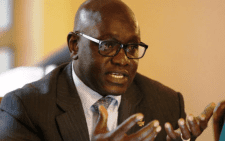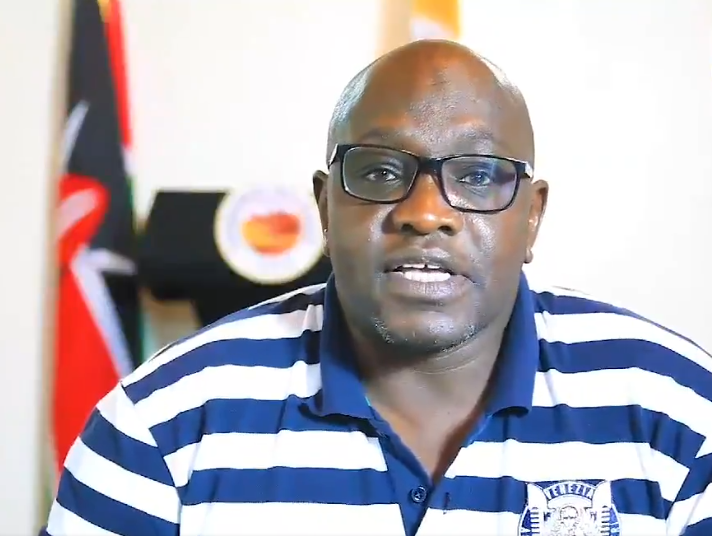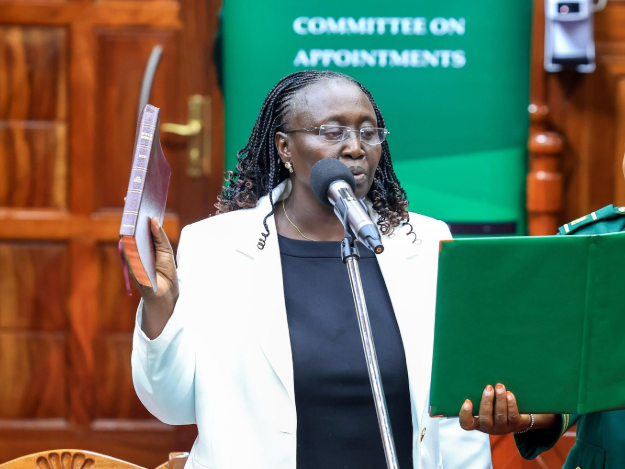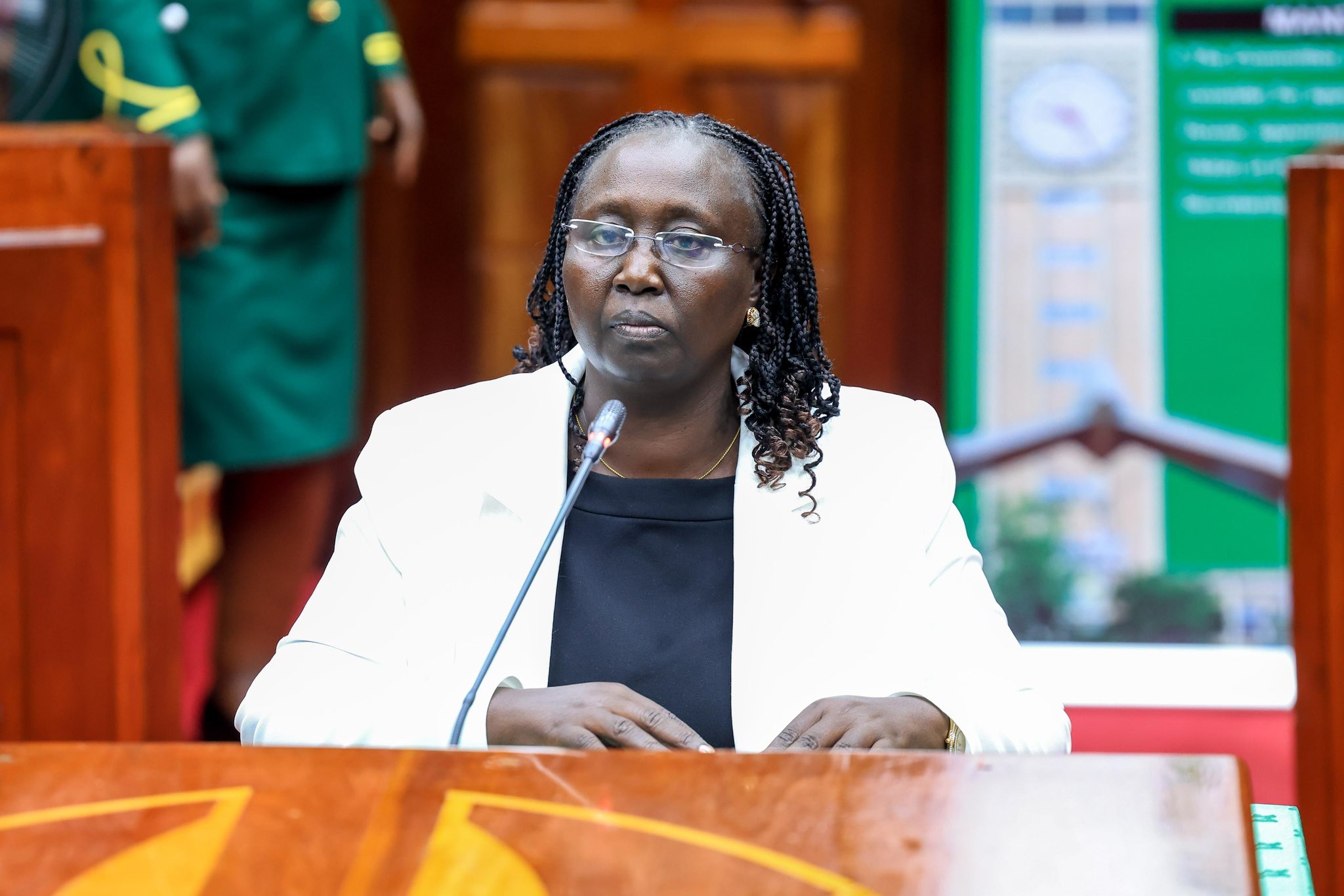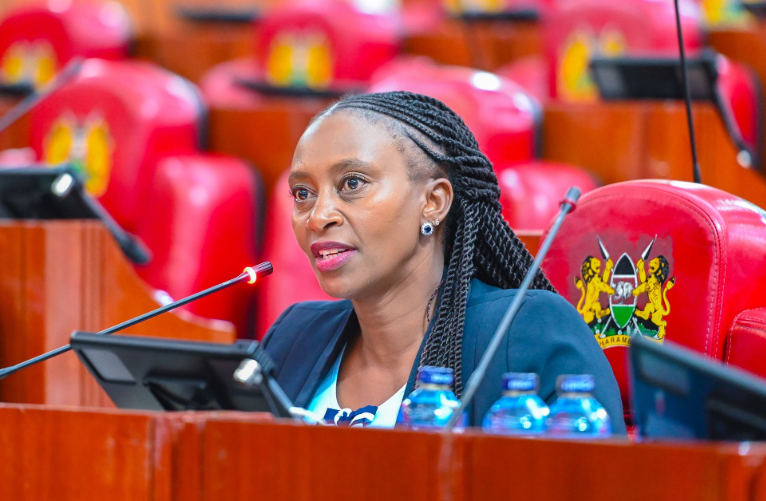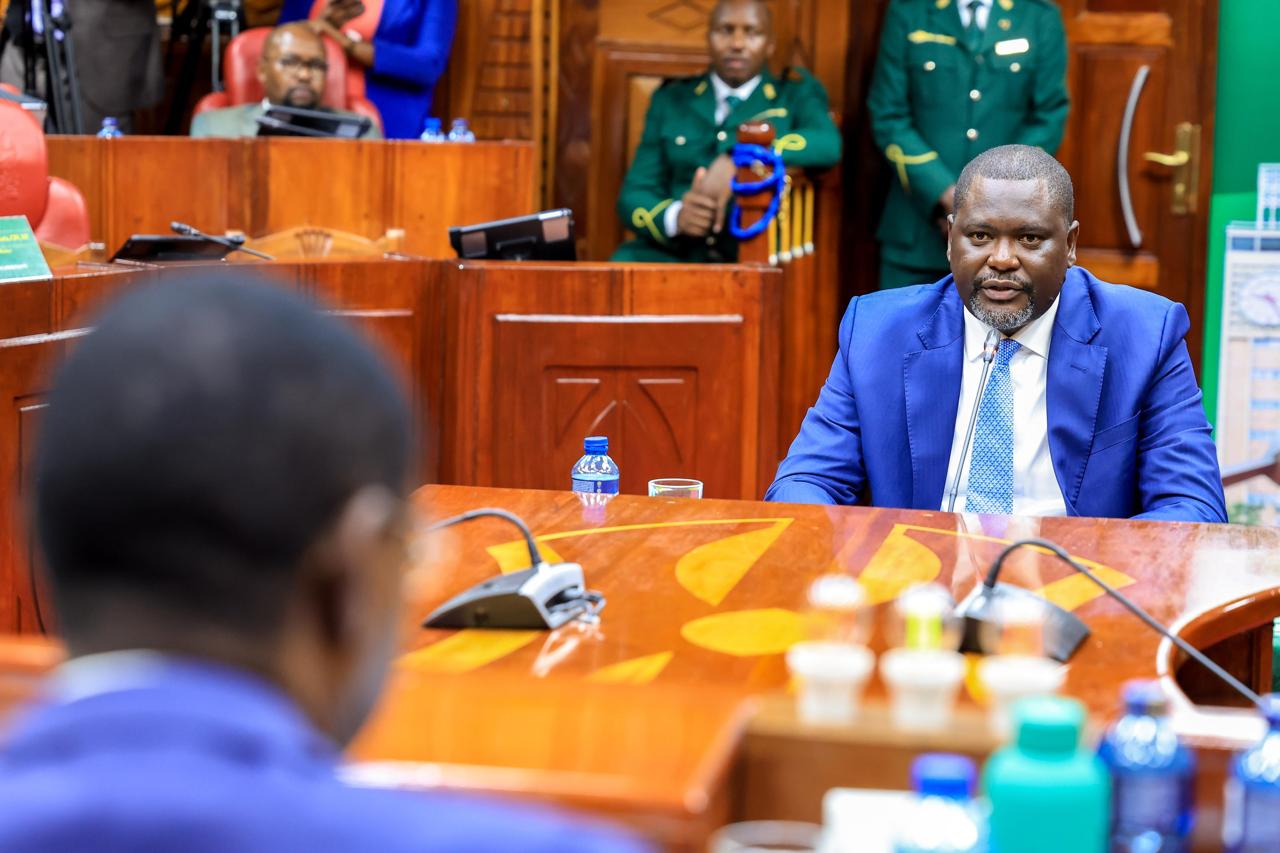Counties given nod to debate, adopt Punguza Migizo referendum bill
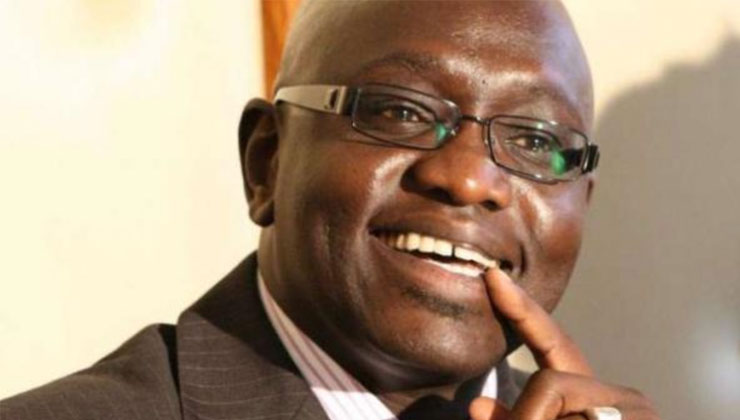
County assemblies have now been given the green light to debate the Punguza Mizigo bill.
Justice John Mativo lifted the orders which had barred the county assemblies from debating the bill, pending the hearing of the suit filed by Mr David Kamau Ngari and International Economic Law Centre.
The two petitioners have named the 47 county assemblies, Independent Electoral and Boundaries Commission (IEBC), Thirdway Alliance Kenya and the two speakers of Parliament as respondents in the suit.
Council of Governors, Jubilee Party, Orange Democratic Movement and Elections observation Group were also named as interested parties.
The petitioners accuses IEBC of unconstitutionally, illegally and irregular approving the Punguza Mizigo bill presented by Thirdway Alliance Kenya.
According to the petitioners, IEBC as currently constituted lacks constitutional competence and technical capacity to admit, process and approve the proposed bill together with supporting list and signatures of registered voters.
The two petitioners argued that the drafting faults in the bill are fatal and passing it risks throwing the legal and administrative system of Kenya into unprecedented confusion and chaos.
“Unless this court intervenes by way of conservatory orders, the petitioners are apprehensive that their petition shall become otiose and rendered nugatory,” stated their lawyer James Mamboleo in court documents.
According to Mr Ngari and International Economic Law Centre, IEBC did not undertake public participation in respect to the verification process yet it is crucial under Article 20 of the Constitution as a national value and principle.
The two argued that the proposal to make Senate the upper house with veto power will cause legislative confusion because the Senate will still retain power to legislate on matters relating to counties and yet the bulk of law making is reposed in the National Assembly under Article 95.
It is their contention that the uniformity of the signatures raises the question of authenticity and reliability of the signed forms and that it was impossible to verify the signatures because the electoral body does not have a repository of specimen signatures for comparison.
According to Mr Ngari, the verification process was done mechanically yet the law says voters should be registered biometrically. He said the alleged verification and approval of the Bill is unconstitutional, null and void.
.
